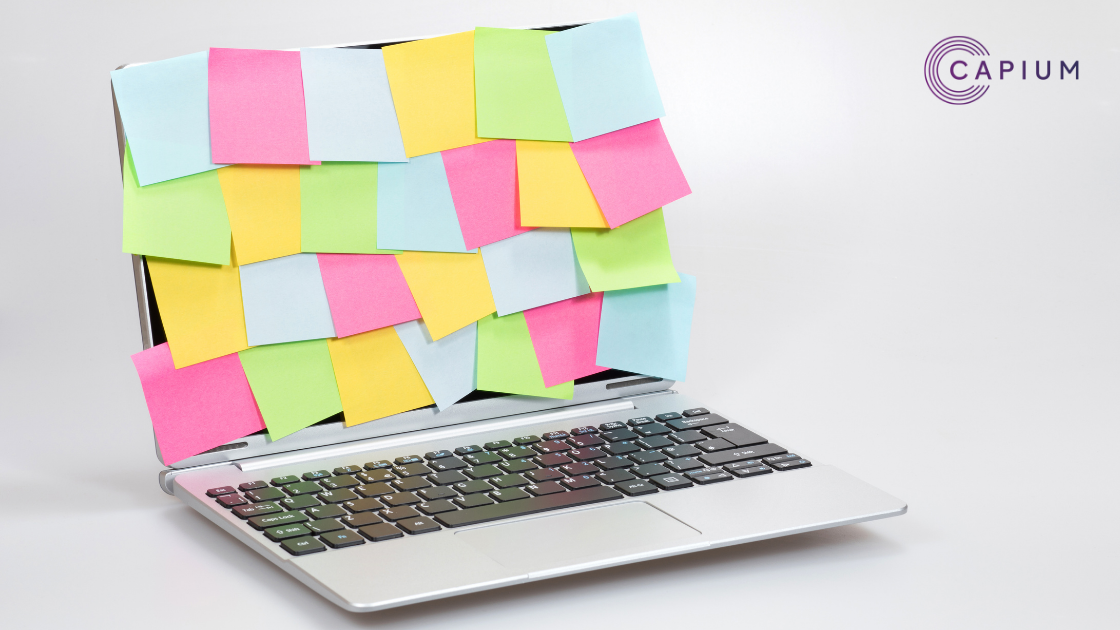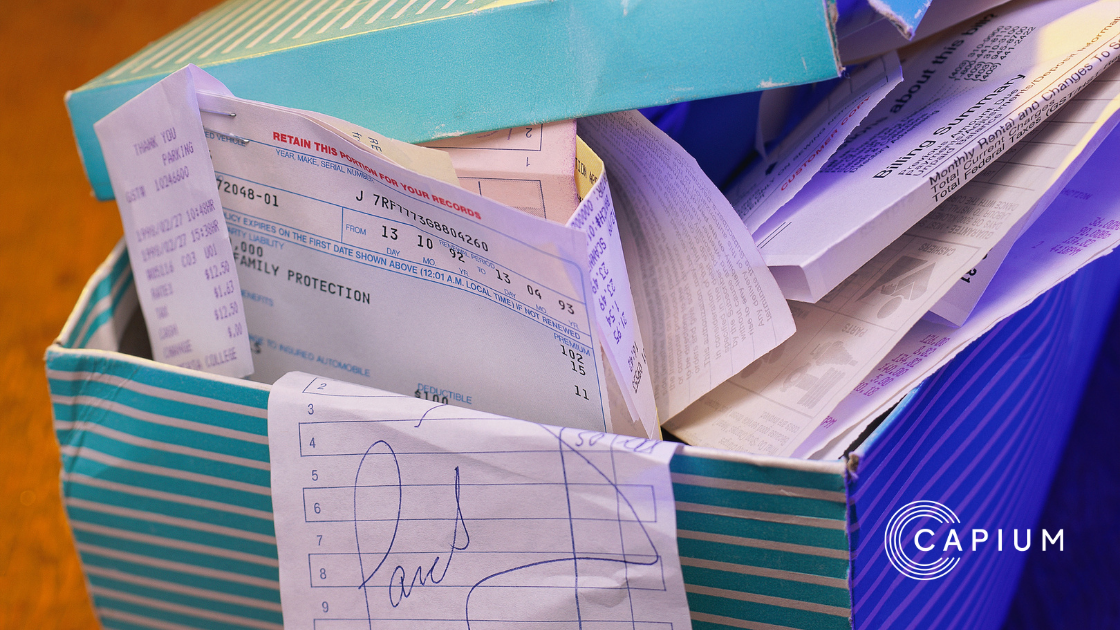Blockchain technology represents both threats and opportunities for accountants and bookkeeping professionals. Regardless, it’s part of accountancy’s future.
While it is best known for its underpinning of cryptocurrency, blockchain has far wider applications for industries that are eager to incorporate it into their business processes.
Blockchain provides a structural ledger database that stores transactional records about assets known as ‘blocks’ and links them with numerous databases known as ‘the chain’. These immutable records are then encrypted using a validation protocol.
As such, blockchain is a perfect fit for the accountancy sector, which itself is broadly interested in the recording and verification of transactional data.
Blockchain potential for the accountancy industry
Accountants have traditionally kept records of the movements of assets on paper, or digitally through spreadsheets or software. While this will be more familiar to you, paper trails come with the risk of errors and mistakes.
Blockchain records eliminate that risk. As such, it has the potential to enhance the accounting profession by reducing the costs of maintaining ledgers while providing clarity over the history of assets.
This can help accountants gain clarity over their clients’ and their own data, all the while freeing up resources to concentrate on planning and valuation, rather than recordkeeping.
Cloud accounting software reduces these risks, too, but one major difference is that data stored in the cloud is mutable. In other words, the data there can be changed after it’s created. Data stored on a blockchain, on the other hand, is immutable and cannot be changed. It’s only possible to add data, in the form of a new block – leaving a traceable record of what’s been changed over time.
Therefore, blockchain guarantees the prevention of the tempering of data without relying on any third-party centralised authority, which the cloud does not guarantee.
Blockchains can also be programmable, allowing for new transactions or controls to be automated using ‘smart contracts’.
The technology will also be suitable for auditors, for whom working with transactions and ledgers is familiar territory – and the opportunity blockchain presents is that of a real-time, permanent and accurate audit trail.
Will blockchain take the jobs of accountants?
If every transaction can be recorded with absolute certainty, in theory, wouldn’t that result in no need to verify those transactions – removing the task of reconciliation altogether?
The International Federation of Accountants argues this isn’t the case:
“Reconciliation of accounting data will not be fully automated through blockchain technology as auditors’ [and accountants’] professional expertise and experience is required to assess the accuracy of complex accounting transactions.”
In other words, there will always be a need for accountants, auditors and bookkeepers, as someone needs to cover accounts receivable and contracts, prepare invoices, and track income and outflow even with blockchain. Blockchain technology provides efficiency and transparency – isn’t that a bookkeeper’s dream?
We won’t pretend the accountancy profession won’t be disrupted, though. In our view, the role of accountants will shift. Indeed, blockchain may simplify the way you keep records, so the most successful accountants will be the ones who can analyse that data and offer clients solid business advisory services.
How to get into blockchain
If you want your firm to lead the accountancy sector into the blockchain shake-up for more efficient processes and better data protection, your best option is to get in touch with a blockchain consultancy firm so you can hit the ground running. That way, you’ll have all the advice, support and guidance you’ll need.
We would be more than happy to talk with you to go over your options as well as everything technology-related for the accountancy sector. Just reach out to us.








